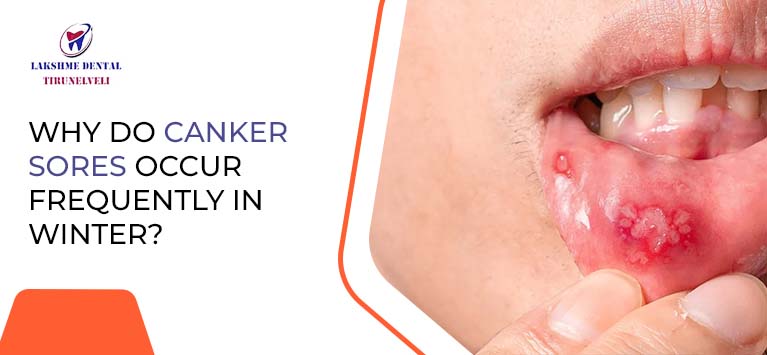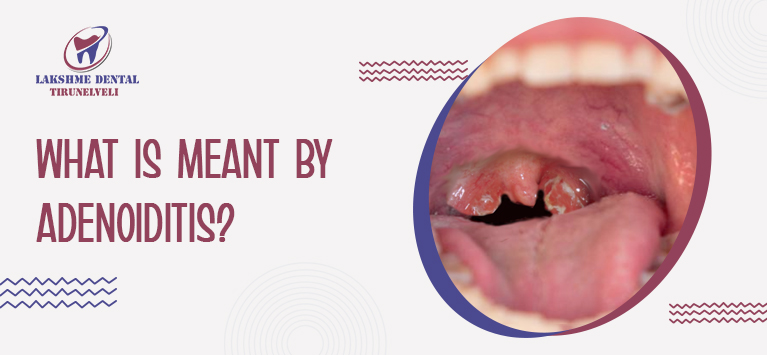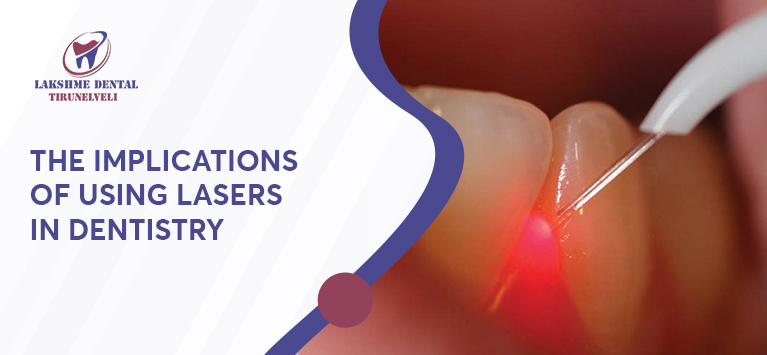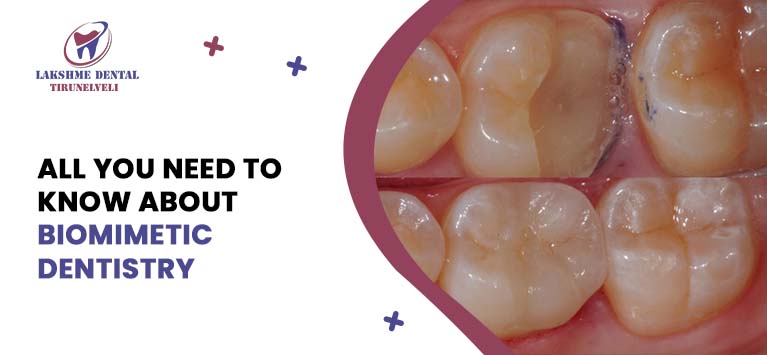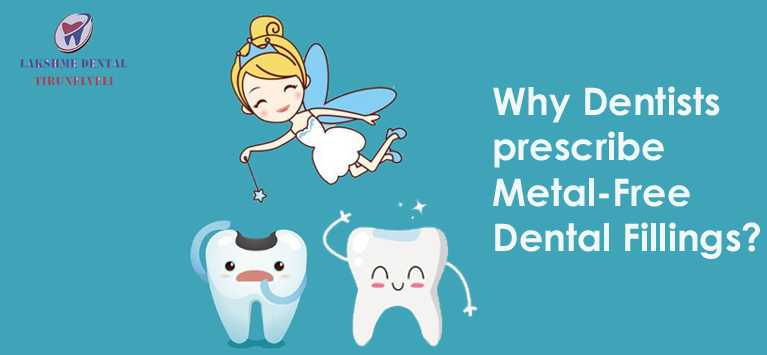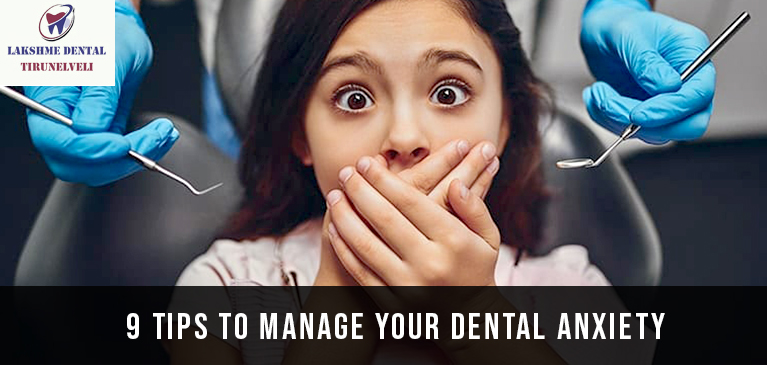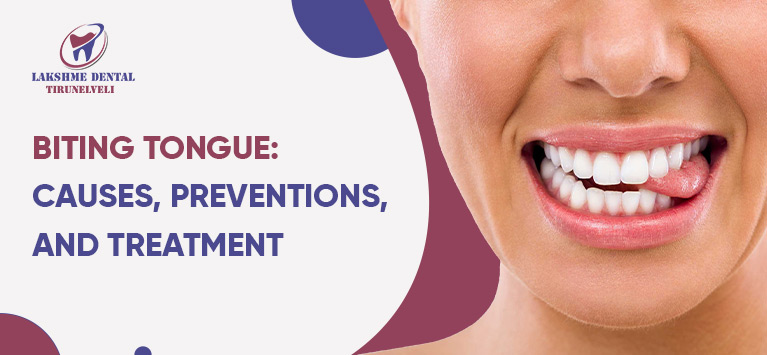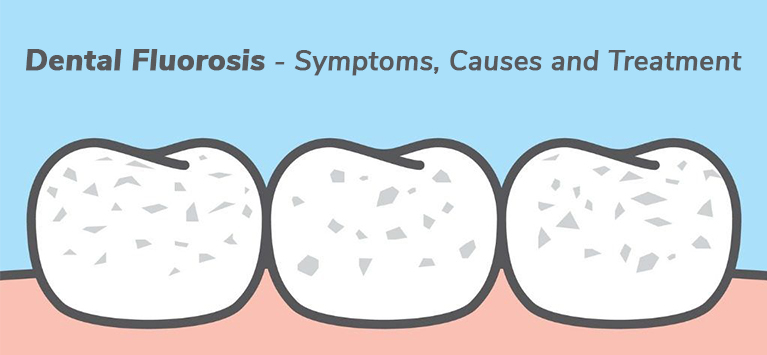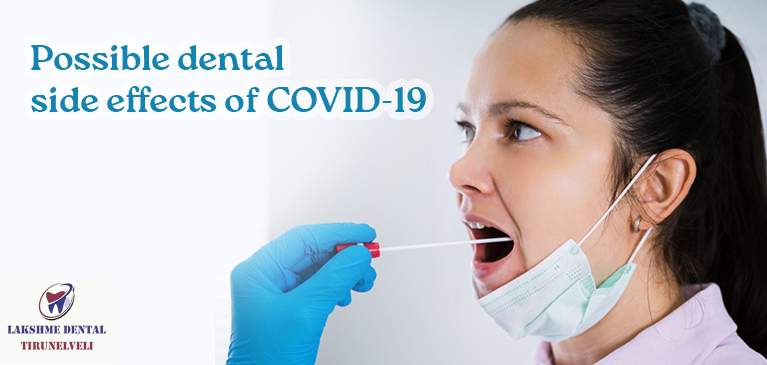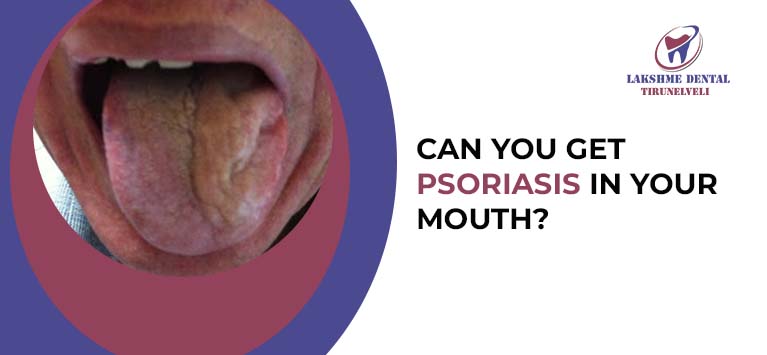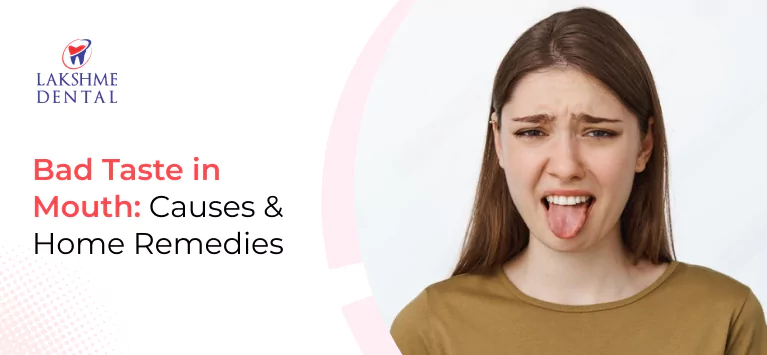
Bad Taste in Mouth: Causes & Home Remedies
Have you ever woken up with a bitter, unpleasant taste in your mouth or noticed a bad taste that lingers all day, no matter what you eat? This odd taste, known as dysgeusia, can be caused by various factors.
In this blog post, we’ll explore some common reasons for this unpleasant metallic taste and offer simple tips to help manage it at home.
What Causes A Bad Taste In The Mouth?
There are various reasons why someone may have a bad taste in their mouth:
Dental Issues: Bad oral health may cause people to experience bad taste in their mouths.
Zinc Deficiency: When you fail to consume sufficient zinc, you might have a continuous bad taste inside the oral cavity.
Dry Mouth: If your mouth produces little saliva, then it feels dry and tacky. This results in having a bad taste in the mouth.
Smoking: Smoking can damage the cells in your mouth that detect flavors, causing medications to taste different or unpleasant.
Acid Reflux: This occurs when stomach acid rises into the throat and mouth, leading to a sour or bitter taste.
Pregnancy: Many women feel a metallic taste, especially during their first trimester, either in the morning or evening.
Medications: Certain drugs, like antibiotics, blood pressure medications, and antidepressants, can alter taste buds, leading to a metallic or unpleasant taste.
Radiation Therapy: Undergoing radiation therapy can cause changes in taste, leading to a persistent bad taste in the mouth. Chemotherapy can also affect taste.
Sinus Infections: Mucus from a sinus infection can drain into the throat, causing a sore throat and bad taste. Poor oral hygiene can lead to food particles getting trapped between teeth, forming bacteria, and resulting in bad breath.
Remedies for a Bad Taste in the Mouth
If you’re noticing a bad taste in your mouth, numerous home remedies are available for you to test. Below, you will find several home remedies that are available for you:
Stay Hydrated: Try to take water all day rather than at one time. It also encourages saliva production.
Reduce Excessive Drinking: A bad taste in the mouth can be worsened by taking alcohol too much and some other oral complications.
Use a Tongue Scraper: Generally, you can use a scraper to scrape off any bacterial formation or any food scraps that you feel are causing the bad taste.
Zinc Supplements: In case you have a feeling that you are deficient in zinc, you should talk to your doctor about such supplements that would help bring back your sense of taste.
Mint-flavoured Chewing Gum or Hard Candy: These candies can help to foster saliva production, and the time taken to enjoy items with repulsive tastes shall be shortened.
Include Probiotic Foods in Your Diet: For instance, yoghurt is a probiotic that can help prevent the accumulation of the wrong type of bacteria in the mouth, thus preventing bitterness.
Employ a Humidifier: If you leave the machine running with a water vaporizer, this will help to keep the oral cavity moist and thereby decrease feelings that are associated with an unhealthy tongue.
Good Oral Hygiene: Clean the teeth with a toothbrush at least 2 times a day and also floss; use anti-microbial mouthwash to ensure that the mouth does not harbour any germs and has a funny smell.
Avoid Foods and Drinks that Trigger Acid Reflux: Fried food items, particularly those that are spicy or those that have the property to cause heartburn and acidic products. They also contribute to the worsening of the condition in addition to the awful feeling in the mouth.
See your Dentist: In case you have chronic bad taste accompanied by other oral diseases, a dental checkup by a dentist will rule out other unidentified oral diseases.
Your persistent bad taste is serious, unrelenting, or together with other signs. Hence, it is always good to visit your doctor for a proper diagnosis and necessary care before anything else.
How Your Food Choices Can Cause a Bad Taste in Your Mouth?
Your food choices play an essential role in ensuring the correctness of your taste and avoiding bad tastes in your mouth. Therefore, this is how dietary habits influence the bad taste in the mouth:
Inadequate Moisture in the Mouth
The ability to taste is reduced due to dry mouth, which can be caused by some kinds of foods and drinks. Avoid:
- Alcohol
- Caffeine
Drink enough fluids the entire day to stay hydrated. However, to keep your mouth moist, try sipping small amounts of liquid between meals and taking small sips during meals as well.
Acid reflux
Acid reflux can sometimes be triggered by consuming hot spices, greasy, or sour foods. This condition occurs when stomach acid flows back up into the oesophagus, the tube that connects your throat to your stomach. This reverse flow can cause discomfort and a sour taste in the mouth. To reduce the chances of reflux, it’s best to avoid certain foods such as:
- Mint
- Tomatoes
- Chocolate
- Fried Foods
- Citrus Fruits
- Spicy Foods
Instead, opt for low-acid foods like bananas, melons, oatmeal, and ginger, which are less likely to cause reflux.
Zinc Deficiency
If your diet does not contain enough Zn, there is likely to be a constant bad taste inside your mouth. Foods high in zinc content include
- Nuts
- Beans
- Poultry
- Seafood
- Red Meat
- Whole Grains
If you think there might be a case of low-level zinc, talk to your doctor about taking zinc tablets when necessary.
Dental Issues
Eating too much sugar can lead to cavities and gum disease. When the saliva in your mouth breaks down sugar into acids, it can create a sour taste and damage your teeth. To maintain your dental health, it’s crucial to limit:
- Acidic Foods and Drinks
- Sugary Foods and Drinks
Instead, choose a balanced diet that includes plenty of fruits, vegetables, and dairy products. Reducing your intake of sour and sweet foods can help prevent dental problems like tooth decay and plaque buildup.
Smoking
Smoking destroys taste buds, causing an always ongoing bad-smelling mouth. To enhance taste perception, you need to stop smoking.
Maintaining a balanced, nutritious diet and limiting sugary, acidic or dehydration-inducing foods/drinks helps avoid nasty tastes from one’s mouth. If, however, there remains a persistent bad earful odour after some time, you must seek consultation with your doctor. They could help identify deeper problems as well.
In Conclusion
While a bad taste in your mouth can be quite bothersome, it’s usually manageable. By identifying the possible cause and using simple home remedies, you can often reduce or eliminate the issue. Over time, these remedies can help you forget about the problem entirely, keeping your mind fresh and clear. However, if the bad taste persists or worsens, consulting a dentist can help address the issue more quickly and effectively.


